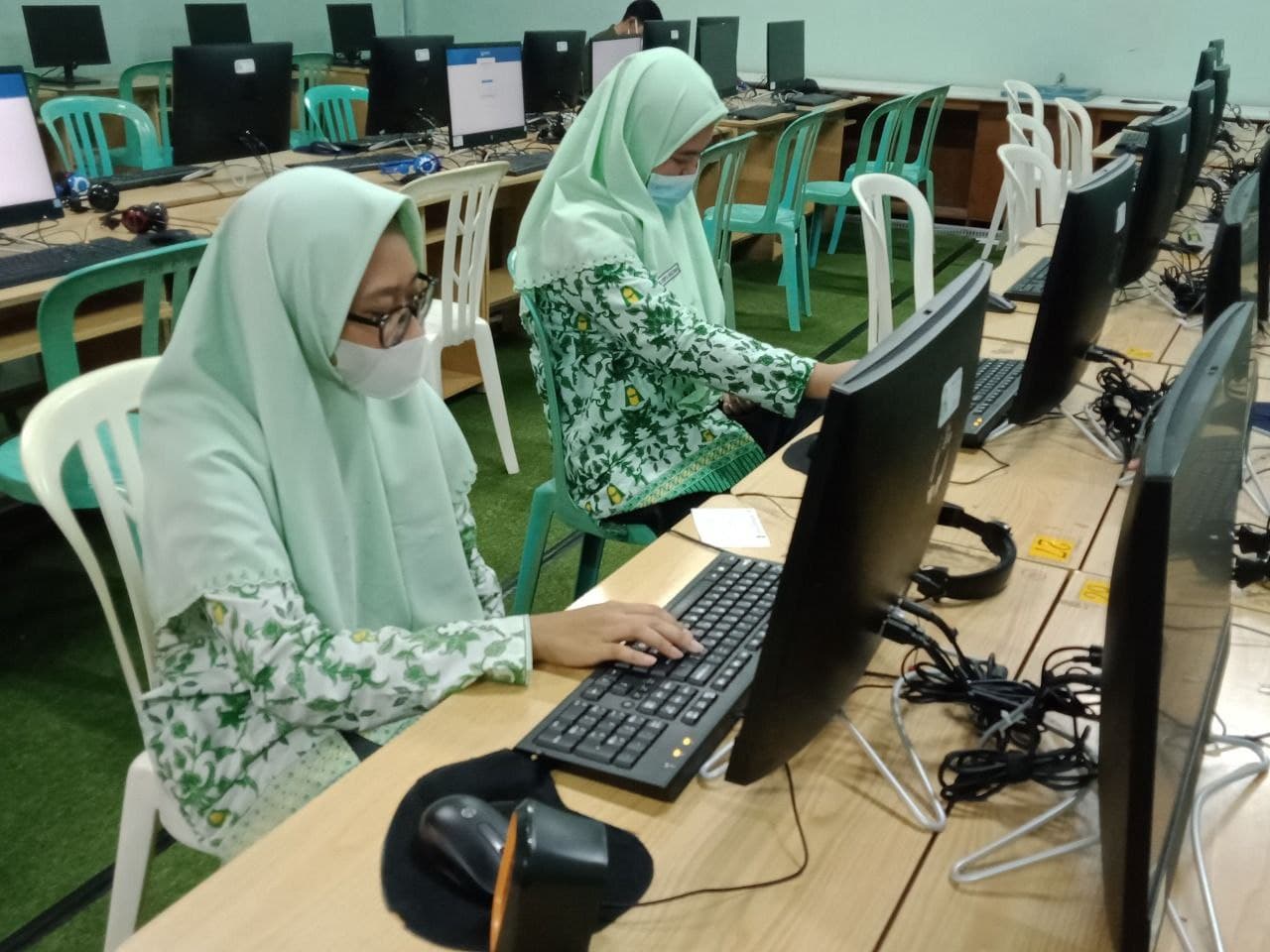Every age has its own uncertainty. Some of these ages are credited as a determinant phase for mankind’s civilization. And those uncertainty demanding humans to acquire a science that may fit to overcome the challenges at their hands.
In the classical period of Islam, people needed mathematics, astronomy, and any similar discipline to decide, for example, when the praying time came, when Ramadhan took place and many more. Without those sciences, no compulsory religious rituals could start―of course, they observe and find things with the equipment less advanced in terms of operational and accuracy.

These sciences are necessary due to the absence of basic technology, namely modern clock or well-distributed astronomical products for civilians. But, of course, the contemporary clock was just invented a few hundred years later. In other words, praying was almost entirely impossible to do without mathematics or astronomy at that time. This contrasts with the current condition, where praying may not be possible to stand without Safinatunnajah or Fasholatan (Fiqh).
In other words, a science or a cluster of science could flourish to overcome the uncertainty of an age. Nevertheless, a certain kind of media development was also an additional factor for the Spring of Sciences. In the context of the classical period of Islam, the paper took an important role and mere the backbone of civilization. This was inevitably supplied by the existence of the Silk Road, which barely laid from Maghrib, Egypt, Syria, Bukhara, India, to China.


science without religion is lame. Religion without science si bland. Congrats…!
ups…not bland but blind😝
ups…not bland but blind 😝